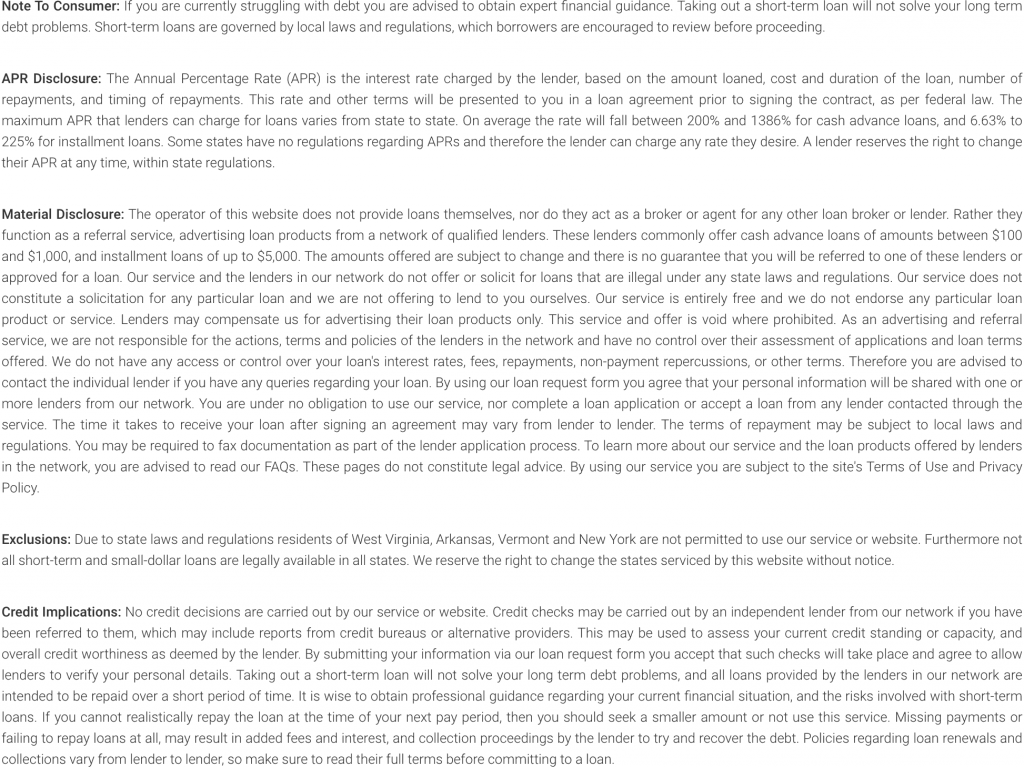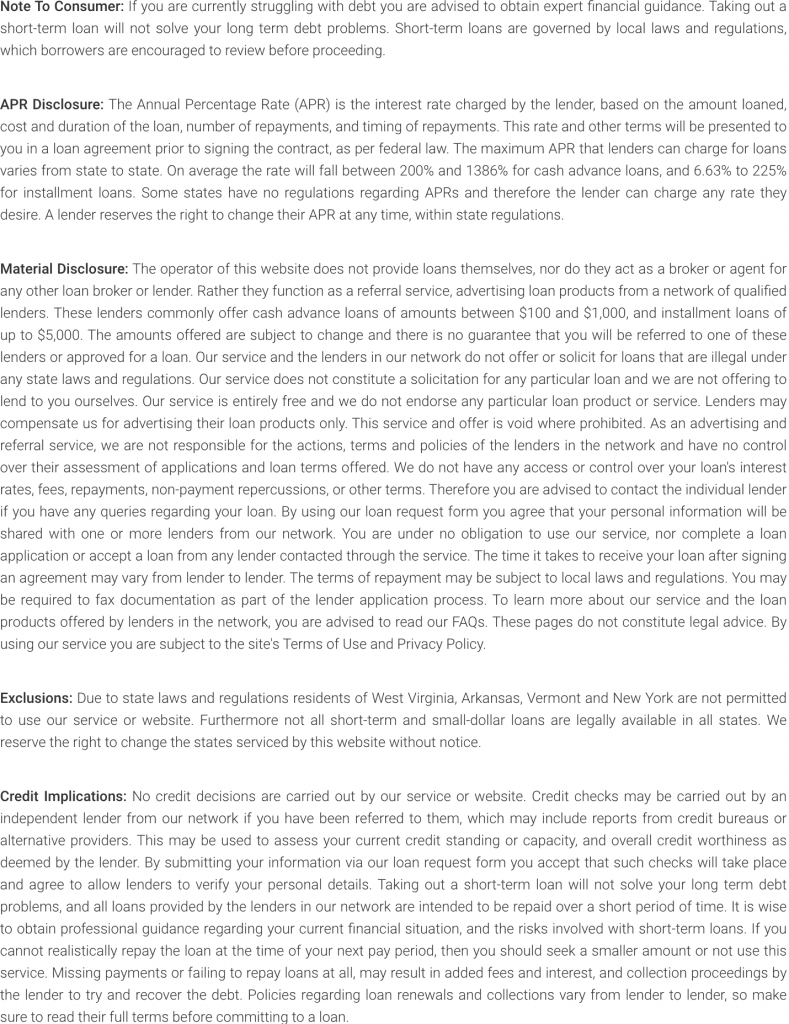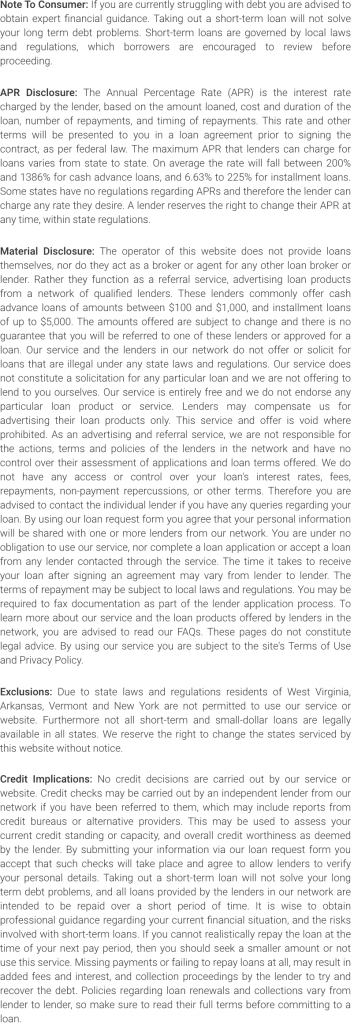- Get emergency cash to solve your problems FAST
- All credits accepted. Bad credit may not be a problem
- Super fast approval. Get decision within minutes
- $100 - $1000 loans for any reason
- 256-Bit SSL protected loan request form
Money Q&A: 7 Things You Should Know
A lot of people fail to understand enough about money matters when they enter the adult world. This is usually down to parents not wanting their children to grow up and make their own way in life, or young adults simply wanting to avoid responsibility and remain ignorant.
However, if you want to succeed and manage your finances properly, it’s a good idea to brush up on your skills and gain some fresh knowledge. Here are some important questions and answers that you should know.
1) Which debt should I pay off first?
You’ve borrowed several debts over the past year or so, and now you’re trying to figure out the best way of paying back the money. Do you pay off the smallest loan first and then start on the larger ones? Does it make more sense to pay off the loan with the highest interest? With a question like this, you can read plenty of information on it, but then you have to make a decision for yourself. There is a lot to be said for starting with the smallest balances, since you’ll have a sense of accomplishment as you approach the larger ones and try to tackle those. Dave Ramsey’s website is a great place to start learning.
2) Should I invest an emergency fund?
An emergency fund should not be invested, since you won’t be able to access the cash if you’ve invested it into a business or other cause. Use other forms of money to invest and make you even more money – emergency funds should be used for exactly that: emergencies. By all means, put your money into a savings account, but make sure that you can access it instantly whenever you need to.
3) How can I save up for my child’s education?
Even if you haven’t got any children yet, you might be starting to think about saving up for their education. It’s an expensive investment, and the earlier you start, the better. Even when your children are babies, there’s nothing wrong with starting to put away a few dollars a week towards their future. Rather than simply opening a regular savings account, look specifically for college accounts or college plans. There is usually a lot of flexibility about these, and since they are tailored towards your need, they work very well.
4) How can I improve my credit score?
Having a bad credit score can really lower your chances of being financially successful. Start now to improve your credit score and within a couple of years, you might find that nothing is stopping you anymore. You can get a better credit score by using credit cards wisely, making monthly repayments on time and without fail, and living within your means rather than striving to live more luxuriously than you can afford. Missed payments will stay on your record for seven years, so it’s not worth missing a bill. We also have an article about credit score improvement.
5) Is there a way of getting quick emergency cash?
If you can’t ask your family for quick and emergency money, you can always fall back on payday loans. These are small and short-term loans which allow you to cover the costs that you need over the next few days. True to their name, you will need to repay the loan on your next payday, so you don’t have a lot of time. However, since they are so small, you are unlikely to need much more time to pay back the cash. Your credit score won’t be checked when you apply for a payday loan, but be sure to pay back the money on time, or your credit rating will be negatively affected.
6) Is it a good idea to get a joint account with a friend?
This is a common question for students, especially if they are involved in house-sharing and need a way of paying the bills. Although the joint account will be in everybody’s names, thus making it easy to get all the names on the bills, it can be damaging if things don’t go right. If one of the account holders does not pay their share of the bills into the account and the payment is missed, this will mean that everybody on the account will be affected by it. Each person will have a negatively-affected credit score. This is why it is very important that you completely trust somebody before opening a joint account with them.
7) What is a good credit score?
If you’re looking for figures to explain what a good credit score is, you should aim to keep your rating above 620 at all times. A score of 650 is even better, and 700 will ensure you don’t get any trouble when applying for mortgages, credit cards or loans.
If your score goes below 580, you can expect to be rejected for most things and encounter some problems with your finances.



